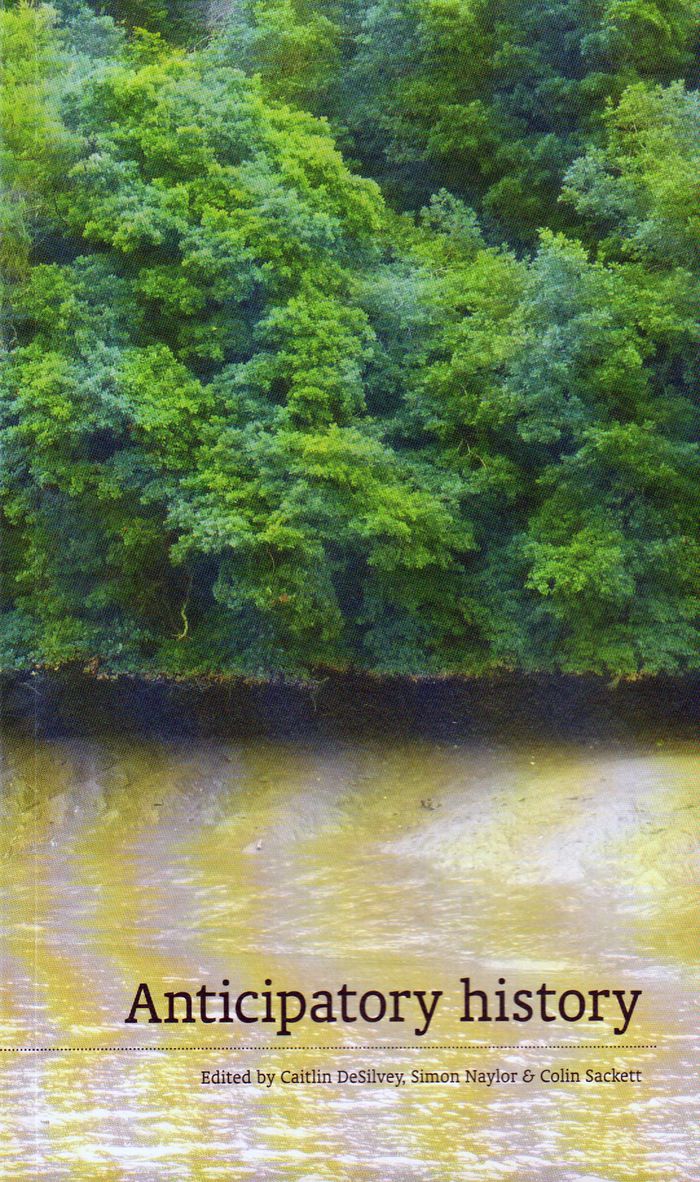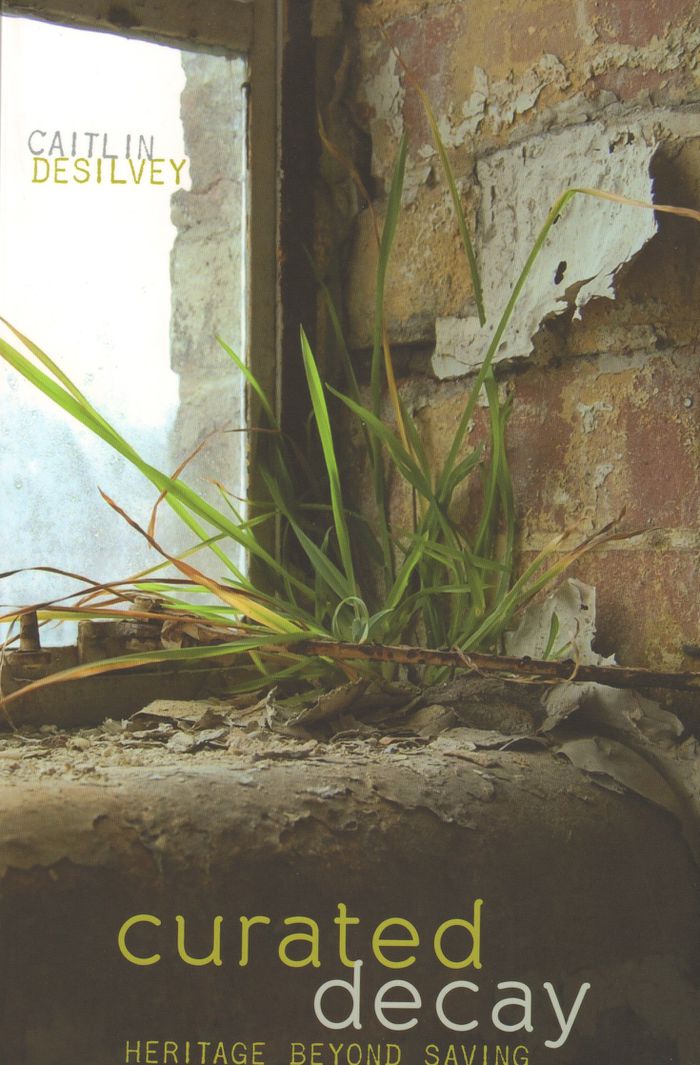Anticipatory history
$24.00
(available to order)
Summary:
In recent years reports of accelerating sea level rise, species extinction, shifting weather patterns, and stressed landscapes have become increasingly common. Although we are well supplied with scientific information about environmental change, we often do not have the cultural resources to respond thoughtfully and to imagine our own futures in a tangibly altered world.(...)
Environment and environmental theory
October 2011
Anticipatory history
Actions:
Price:
$24.00
(available to order)
Summary:
In recent years reports of accelerating sea level rise, species extinction, shifting weather patterns, and stressed landscapes have become increasingly common. Although we are well supplied with scientific information about environmental change, we often do not have the cultural resources to respond thoughtfully and to imagine our own futures in a tangibly altered world. This book poses the term "anticipatory history" as a tool to help us connect past, present and future environmental change. Through discussion of a series of topics, a range of leading academics, authors and practitioners consider how the stories we tell about ecological and landscape histories can help shape our perceptions of plausible environmental futures.
Environment and environmental theory
$40.50
(available to order)
Summary:
Transporting readers from derelict homesteads to Cold War test sites, "Curated decay" presents an unparalleled provocation to conventional thinking on the conservation of cultural heritage. Caitlin DeSilvey proposes rethinking the care of certain vulnerable sites in terms of ecology and entropy, explaining how we must adopt an ethical stance that allows us to collaborate(...)
Curated decay: heritage beyond saving
Actions:
Price:
$40.50
(available to order)
Summary:
Transporting readers from derelict homesteads to Cold War test sites, "Curated decay" presents an unparalleled provocation to conventional thinking on the conservation of cultural heritage. Caitlin DeSilvey proposes rethinking the care of certain vulnerable sites in terms of ecology and entropy, explaining how we must adopt an ethical stance that allows us to collaborate with—rather than defend against—natural processes.

